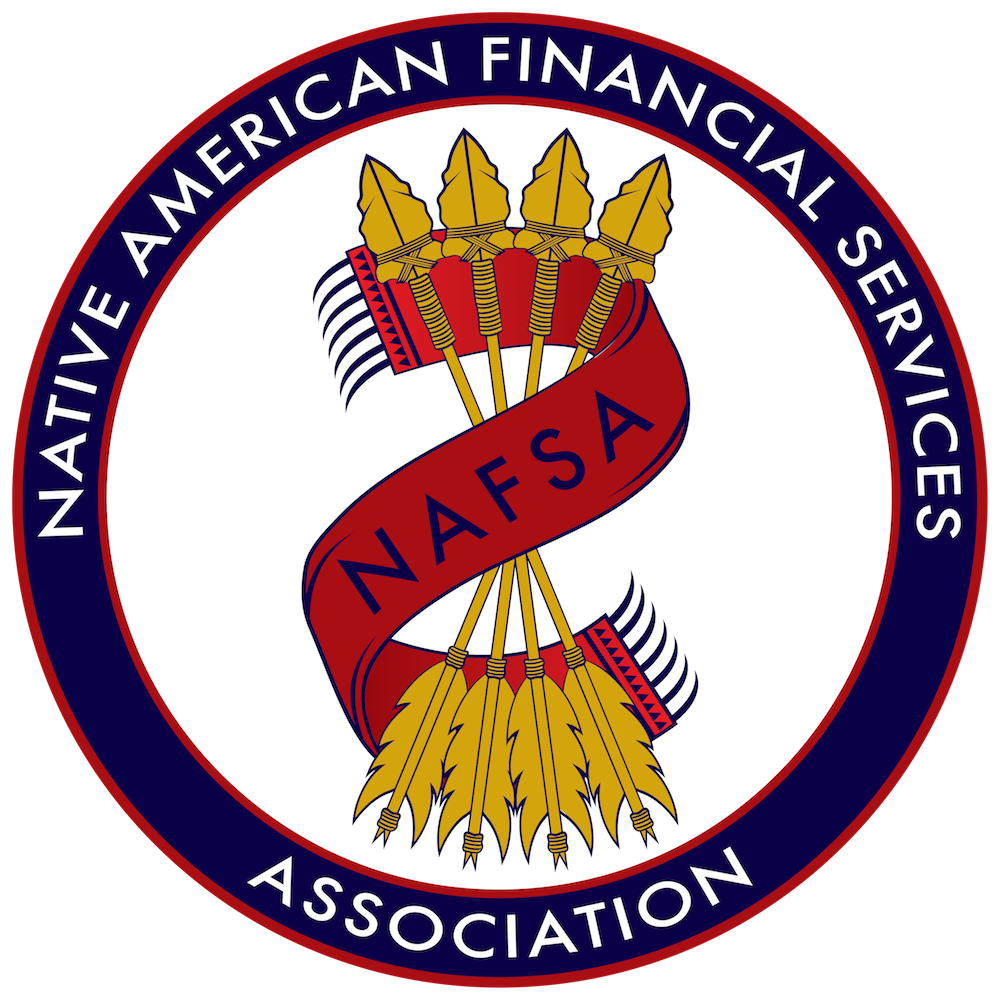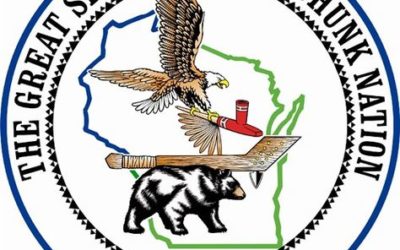The Latest Financial News
Tribal Sovereign Wealth Fund Wins Big on Investment
Twelve Clans, Inc, the sovereign wealth fund of the Ho-Chunk Nation, recently exited its investment in Slack Technologies, reportedly earning the Tribe a substantial return on investment.The Ho-Chunk Nation established Twelve Clans in 2016 with the strategic purpose...
Another Petition Seeking Supreme Court Ruling on CFPB Constitutionality
Earlier this week, All American Check Cashing, a check cashing and payday lender, filed a petition to the U.S. Supreme Court asking for a ruling on the constitutionality of the Consumer Financial Protection Bureau (CFPB). In a surprising move, the company filed its...
NCUA Expands Options for Small-Dollar Loans
The National Credit Union Administration (NCUA) recently issued a new rule that provides credit unions more options to offer small-dollar loans to members.Currently, credit unions are able to offer small-dollar loans under the payday alternative loan (PAL) rule. This...
Why NAFSA?
There are more than 570 federally-recognized tribes in the United States, many of whom are spread across in diverse areas. This has left a need for other tribal economic development opportunities to create sustainability and jobs on Native American reservations.
Tribal Financial Services:
![]() Create jobs & economic development on tribal lands
Create jobs & economic development on tribal lands
![]() Increase the financial independence of tribes
Increase the financial independence of tribes
![]() Deploy sovereignty & bolster tribal self-determination
Deploy sovereignty & bolster tribal self-determination

The Impact of Tribal Financial Services
Coming from a history of staggering unemployment rates, limited opportunities, and lack of access to fundamental resources, Native American tribes began online lending businesses to create real change for the future. Internet commerce has been a vehicle for supporting economic growth, tribal services, and tribal development. These are their stories.
Our Mission
To advocate for tribal sovereignty, promote responsible financial services, and provide better economic opportunity in Indian Country for the benefit of tribal communities.




